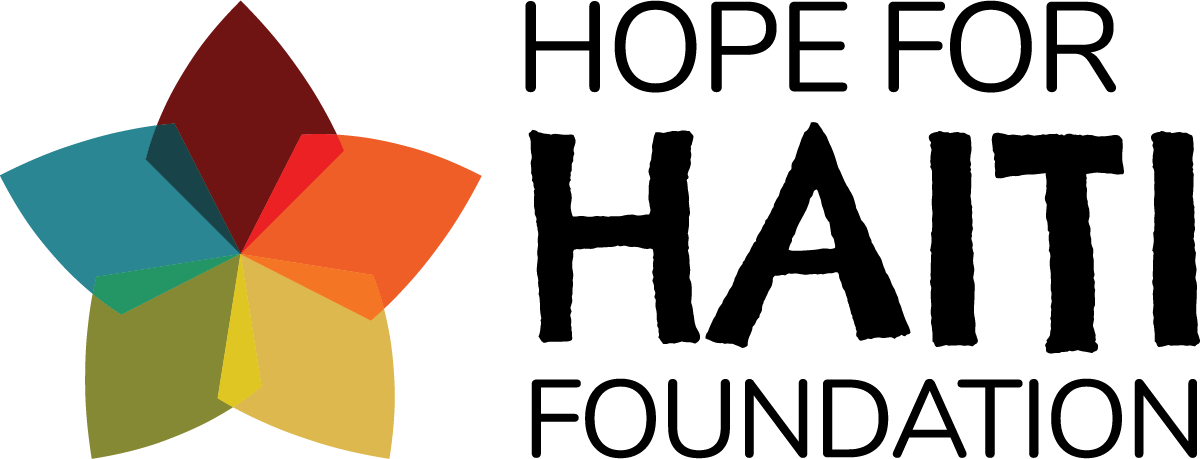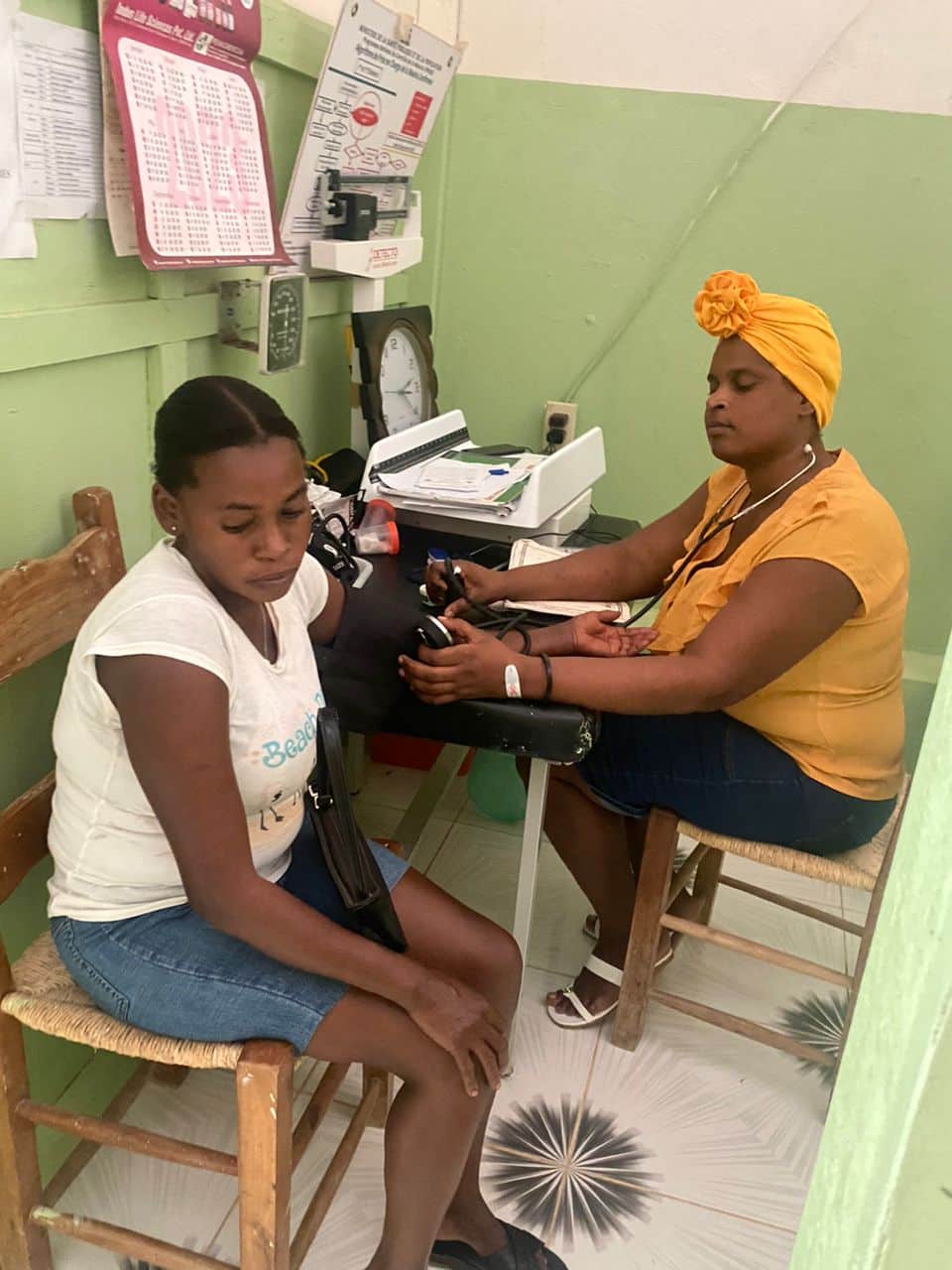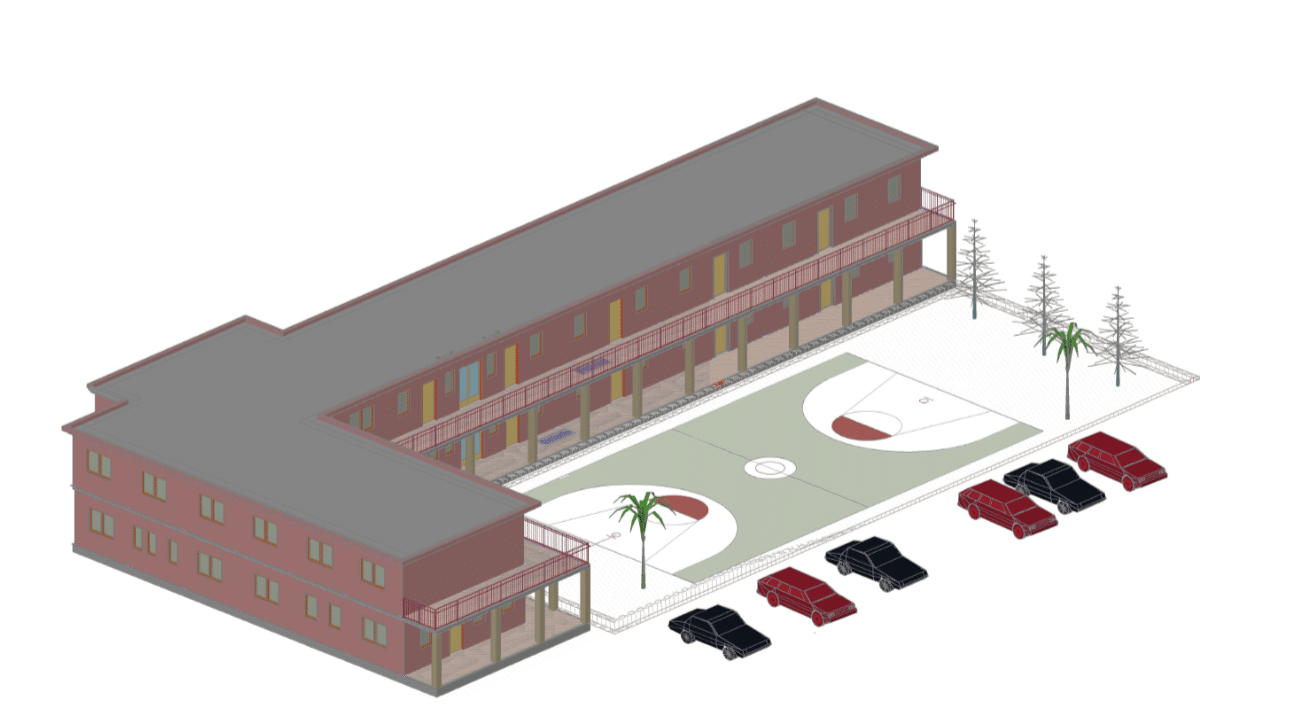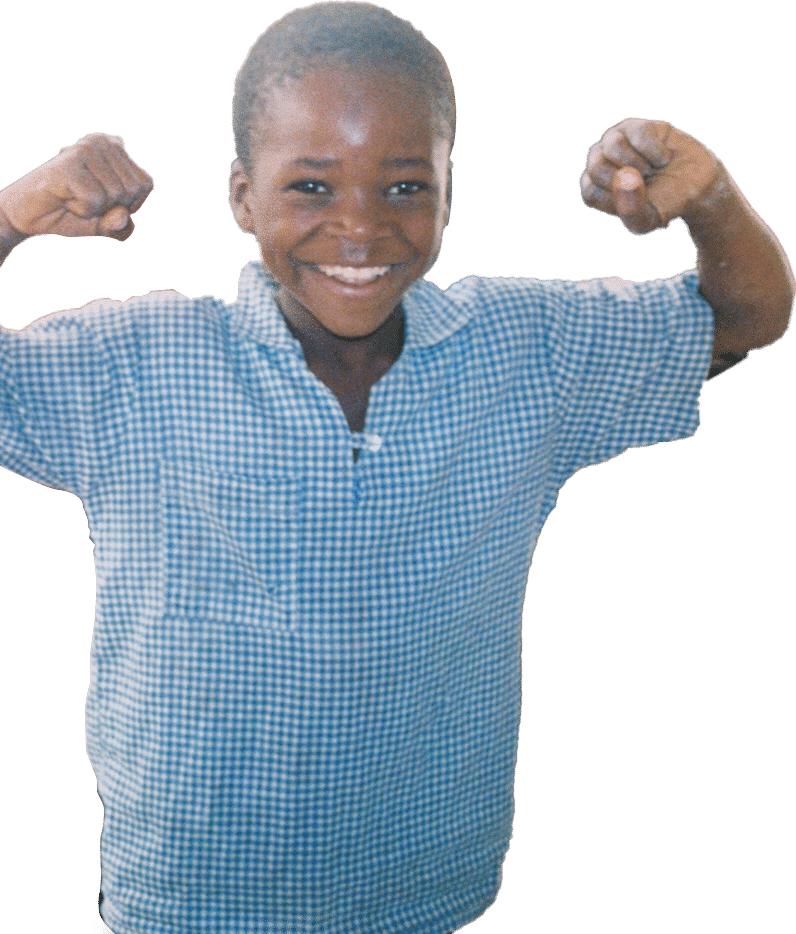We think it’s time for you to read other people. While we know you love us, your faithful bloggers, things are getting a little too comfortable, and it’s time to spice things up. That’s why we bring you: the guest blogger (after all, distance makes the heart grow fonder, right?). In all seriousness, one thing we aim to do on this blog is to bring in other writers who can provide a different viewpoint, unique insights, expertise on a certain project area or a fuller picture of our work in Haiti. Whether it’s someone who has been impacted by HFHF’s projects in Haiti, a trip member or a core volunteer who focuses on specific programs, we’re going to regularly bring in guest bloggers to offer a new voice to our communications. Our first guest post comes from Lydia Dant, who you’ve read about before from our September trip news. She shares about our recently-launched Community Health Workers program and what it means for the Bainet area.
You have a headache, or arthritis, or the flu. You have an upset stomach, and you’re not sure if its something you should be concerned about. You think you might be pregnant, or you know you are. You have high blood pressure, or diabetes, or cataracts. Your son fell and has a large wound on his leg.
What do you do?
If you live in Zorange, Haiti, you only have 2 options: 1) do nothing 2) take a long & expensive journey to visit a health clinic.
Until recently, in fact, the second option did not exist. Thanks to generous donations and a dedicated Haitian medical staff, Zorange now has a medical clinic that sees about 50 patients a day – providing basic medicines, lab work, wound care, women’s health services, vaccinations, and maternity care. It is hard to appreciate the impact of this clinic when you live in the states, where a 10 minute car ride will bring you past at least a dozen places where you can buy Advil. Imagine if all of those drug stores vanished? Welcome to Zorange, pre-HFHF clinic.
While the clinic provides hundreds with necessary medical care, there are hundreds more who don’t know about the clinic, or can’t travel to the clinic. Some are too sick. [When is the last time you had the flu and thought “I know what I’d like to do right now. I’d like to take a 4 hour hike in 100 degree weather over 4 mountains with no water, food, or shoes.”] Even if you are up for the trek, the river is too high to cross at certain times of year, making it impossible to reach the clinic. Others have to stay home because they are the sole caregiver for their family. And, while the clinic will never turn down a patient for lack of funds, spending the day traveling to a clinic is an expense of lost wages.
These are just some of the reasons why it was necessary to create a third option to meet people’s health needs: Community Health Workers. CHWs are a critical part of HFHF’s medical program. HFHF currently has two community health workers in each of the 9 sections of Bainet. Many of these sections have no medical care whatsoever. The CHWs are trained to take blood pressures, temperatures, educate the community about sanitation and vaccinations, and also refer people to the HFHF clinic when they recognize a serious illness. The CHWs are also trained in basic prenatal care and to recognize complications in pregnancy and respond to these complications where appropriate. These CHWs are the eyes, ears, and, often times, hands of medical care in these communities where previously, health problems have never been addressed.
The CHWs are also helping HFHF to gather baseline data for each community. With this information, our medical staff will have a better sense of the scope of medical issues in the communities, and will be more equipped to meet people’s needs. Because they live in the communities, the CHWs can catch things like malnutrition early on before it becomes life threatening. They can educate families on the importance of hand washing, how to prevent dehydration from diarrheal disease, or the signs and symptoms of malaria. Communication & education is a big part of what CHWs can do in a community. Without WebMD or ‘The Learning Channel,’ CHWs are the primary source of medical information and knowledge. These CHWs are the lifeline for each of these communities.
So, that cut that your son got on his leg can now be bandaged without a day-trip to the clinic, decreasing the risk of infection. You can receive some pain relief from that headache without investing an entire day to do so. Your fears can be relieved when the CHW takes your blood pressure and lets you know that everything is fine, or that you are responding well to the blood pressure medication the clinic gave you last month.
The impact of these CHWs is immeasurable (well, almost. We do believe in monitoring & evaluation for effective programming!) But to a sick or suffering patient, these dedicated workers are an answer to prayer. And, would you believe that all of this happens for only $70 per month? For a mere $840 a year, a community health worker is provided with a living wage and a stable income to support their family. In return, they provide a community with health, support, peace of mind, and hope. For $70 a month. For those of you who struggle with numbers, the cost-benefit ratio here is about a gazillion to one.
As we finish the first year of our CHW project, and look ahead to year two, we are more excited than ever at the impact it is having. Thanks for letting us share it with you.

Lydia Dant first traveled to Haiti in 2008 to conduct a research project for her master’s in public health degree. She and Mahsa (see video below) traveled through the nine sections of Bainet, surveying community members about their greatest medical needs. Like most unsuspecting first-time travelers to Zorange, she was hooked and has been involved with Hope for Haiti Foundation ever since. With her background in public health, Lydia works with several of HFHF’s medical projects, with a focus on maternal and child health and the Community Health Workers program. Lydia is originally from the Boston area, and now lives in Ft. Myers, Florida, where she and her husband, Brian, work at ECHO.
Check out this video to hear Matt, Mahsa and Laura explain more about the Community Health Workers program: Community Health Workers Program




